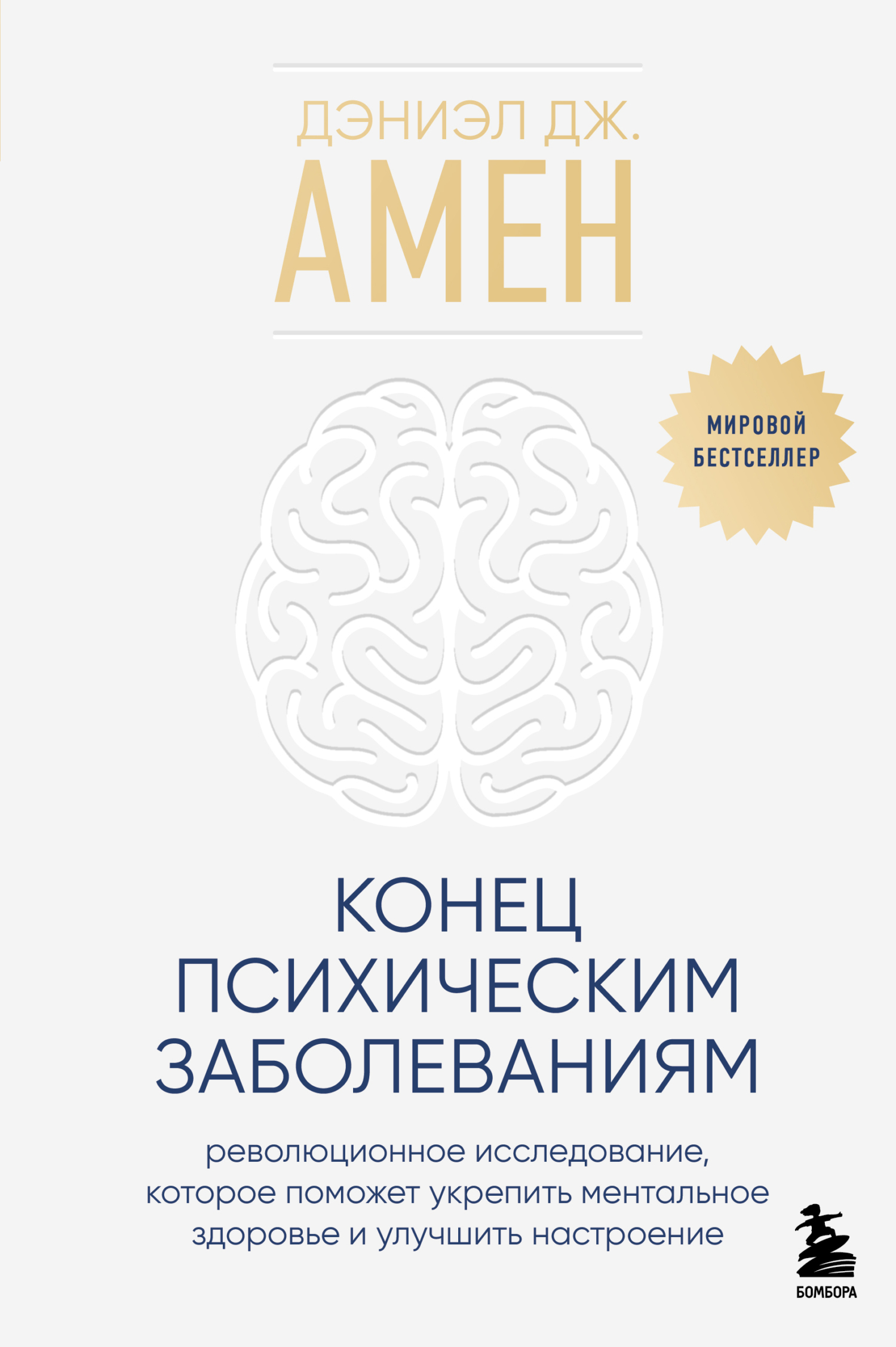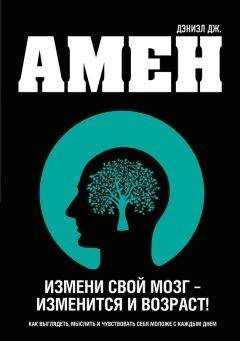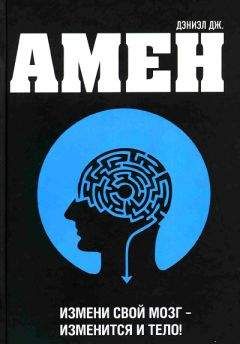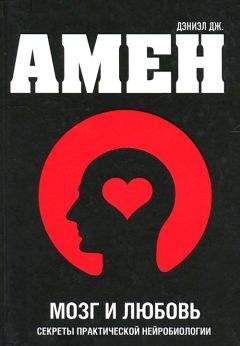Trial,”
Singapore Medical Journal 54, no. 7 (2013): 387-90.
Kimberly A. Brownley et al., “A Double-Blind, Randomized Pilot Trial of Chromium Picolinate for Binge Eating Disorder: Results of the Binge Eating and Chromium (BEACh) Study,” Journal of Psychosomatic Research 75, no. 1 (July 2013): 36–42.
N. Suksomboon, N. Poolsup, and A. Yuwanakorn, “Systematic Review and Meta-analysis of the Efficacy and Safety of Chromium Supplementation in Diabetes,” Journal of Clinical Pharmacy and Therapeutics 39, no. 3 (2014): 292–306. H. Rabinovitz et al., “Effect of Chromium Supplementation on Blood Glucose and Lipid Levels in Type 2 Diabetes Mellitus Elderly Patients,” International Journal for Vitamin and Nutrition Research 74, no. 3 (2004): 178-82.
Amen, Memory Rescue, 237.
Ting Lu et al., “Cinnamon Extract Improves Fasting Blood Glucose and Glycosylated Hemoglobin in Chinese Patients with Type 2 Diabetes,” Nutrition Research (New York) 32, no. 6 (June 2012): 408-12. Paul A. Davis and Wallace Yokoyama, “Cinnamon Intake Lowers Fasting Blood Glucose: Meta-Analysis,” Journal of Medicinal Food 14, no. 9 (September 2011): 884-89. Ashley Magistrelli and Jo Carol Chezem, “Effect of Ground Cinnamon on Postprandial Blood Glucose Concentration in Normal-Weight and Obese Adults,” Journal of the Academy of Nutrition and Dietetics 112, no. 11 (November 2012): 1806-9. Ashley N. Hoehn and Amy L. Stockert, “The Effects of Cinnamomum cassia on Blood Glucose Values Are Greater Than Those of Dietary Changes Alone,” Nutrition and Metabolic Insights 5 (2012): 77–83.
Mark L. Wahlqvist et al., “Cinnamon Users with Prediabetes Have a Better Fasting Working Memory: A Cross-Sectional Function Study,” Nutrition Research (New York) 36, no. 4 (April 2016): 305-10.
Robert Krikorian et al., “Improved Cognitive-Cerebral Function in Older Adults with Chromium Supplementation,” Nutritional Neuroscience 13, no. 3 (2010): 116-22.
“Sleep and Sleep Disorder Statistics,” American Sleep Association, accessed August 20, 2019, https://www.sleepassociation.org/about-sleep/sleep-statistics/.
Там же.
“Sleep and Mental Health,” Harvard Health Publishing, Harvard Medical School, updated March 18, 2019, http://www.health.harvard.edu/newsletter_article/sleep-and-mental-health.
“Sleep Disorders: The Connection between Sleep and Mental Health,” National Alliance on Mental Illness, accessed August 20, 2019, https://www.nami.org/Learn-More/Mental-Health-Conditions/Related-Conditions/sleep-disorders.
David Nutt, Sue Wilson, and Louise Paterson, “Sleep Disorders as Core Symptoms of Depression,” Dialogues in Clinical Neuroscience 10, no. 3 (September 2008): 329-36.
Alexandra K. Gold and Louisa G. Sylvia, “The Role of Sleep in Bipolar Disorder,” Nature and Science of Sleep 8 (June 29, 2016): 207-14.
“Sleep and Mental Health,” Harvard Health Publishing.
Samuele Cortese et al., “Sleep and Alertness in Children with Attention-Deficit/ Hyperactivity Disorder: A Systematic Review of the Literature,” Sleep 29, no. 4 (2006): 504-11.
Kristine Yaffe et al., “Sleep-Disordered Breathing, Hypoxia, and Risk of Mild Cognitive Impairment and Dementia in Older Women,” JAMA 306, no. 6 (2011): 613-19. Yo-El S. Ju, Brendan P. Lucey, and David M. Holtzman, “Sleep and Alzheimer Disease Pathology – A Bidirectional Relationship,” Nature Reviews Neurology 10, no. 2 (February 2014): 115-19. Wei-Pin Chang et al., “Sleep Apnea and the Risk of Dementia: A Population-Based 5-Year Follow-Up Study in Taiwan,” PLOS One 8 (October 24, 2013): e78655. Roxanne Sterniczuk et al., “Sleep Disturbance Is Associated with Incident Dementia and Mortality,” Current Alzheimer Research 10, no. 7 (September 2013): 767-75.
Tori Rodriguez, “Teenagers Who Don’t Get Enough Sleep at Higher Risk for Mental HealthProblems,” Scientific American, July 1, 2015, https://www.scientificamerican.com/article /teenagers-who-don-t-get-enough-sleep-at-higher-risk-for-mental-health-problems/.
R. Morgan Griffin, “The Health Risks of Shift Work,” WebMD, March 25, 2010, https://www.webmd.com/sleep-disorders/features/shift-work.
B. C. Tefft, “Acute Sleep Deprivation and Risk of Motor Vehicle Crash Involvement,” AAA Foundation for Traffic Safety, December 2016, https://aaafoundation.org/acute-sleep-deprivation-risk-motor-vehicle-crash-involvement/.
Gregory Belenky et al., “The Effects of Sleep Deprivation on Performance during Continuous Combat Operations,” в Food Components to Enhance Performance: An Evaluation of Potential Performance-Enhancing Food Components for Operational Rations, Institute of Medicine (US) Committee on Military Nutrition Research, ed. Bernadette M. Marriott (Washington, DC: National Academies Press, 1994), https://www.ncbi.nlm.nih.gov/books/NBK209071/.
Daniel F. Kripke, Robert D. Langer, and Lawrence E. Kline, “Hypnotics’ Association with Mortality or Cancer: A Matched Cohort Study,” BMJ Open 2, no. 1 (February 27, 2012): e000850.
“Serious Ambien Side Effects: Memory, Depression, and More,” American Addiction Centers, last updated July 25, 2019, https://americanaddictioncenters.org/ambien-treatment/side-effects.
Упомянутые социальные сети запрещены на территории РФ.
Daniel G. Amen, Memory Rescue (Carol Stream, IL: Tyndale, 2017), 248.
Daniel G. Amen and Tana Amen, The Brain Warrior’s Way (New York: New American Library, 2016), 203.
Там же, 205.
Там же, 203.
László Harmat, Johanna Takács, and Róbert Bódizs, “Music Improves Sleep Quality in Students,” Journal of Advanced Nursing 62, no. 3 (May 2008): 327-35.
Amen and Amen, Brain Warrior’s Way, 205.
Там же.
Namni Goel, Hyungsoo Kim, and Raymund P. Lao, “An Olfactory Stimulus Modifies Nighttime Sleep in Young Men and Women,” Chronobiology International 22, no. 5 (2005): 889–904. Mark Hardy, Michael D. Kirk-Smith, and David D. Stretch, “Replacement of Drug Treatment for Insomnia by Ambient Odour,” Lancet 346, no. 8976 (September 9, 1995): 701.





